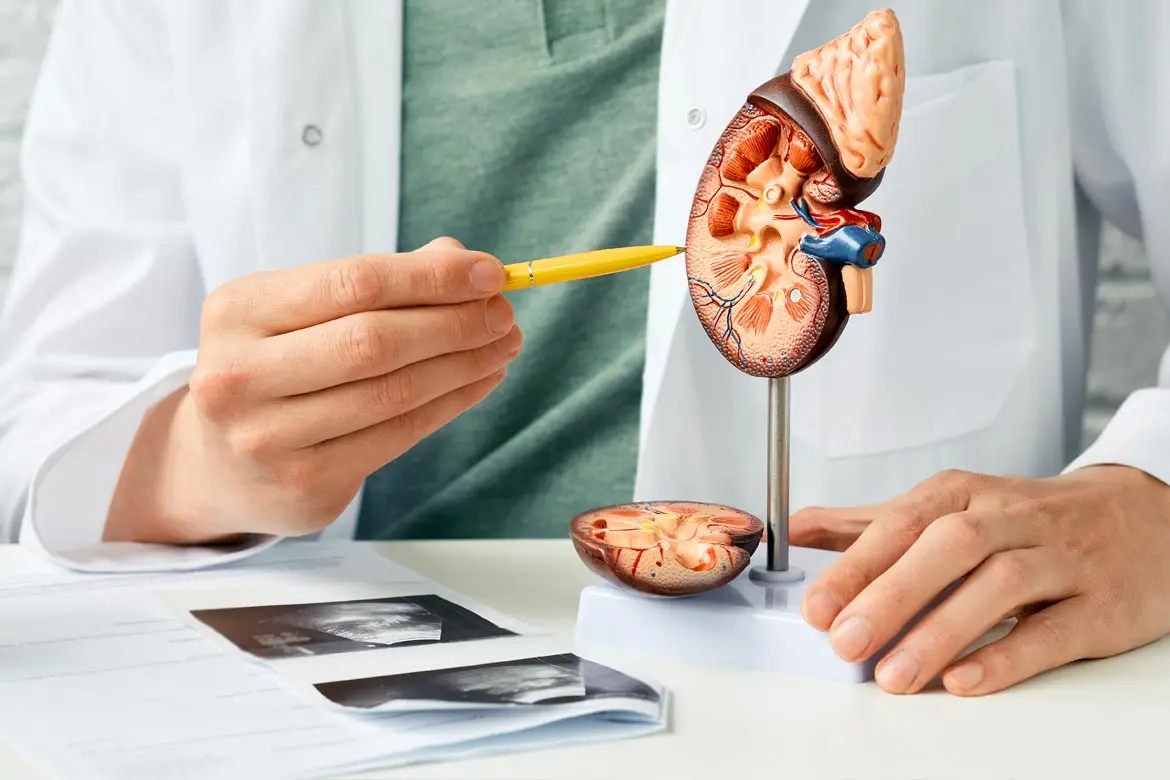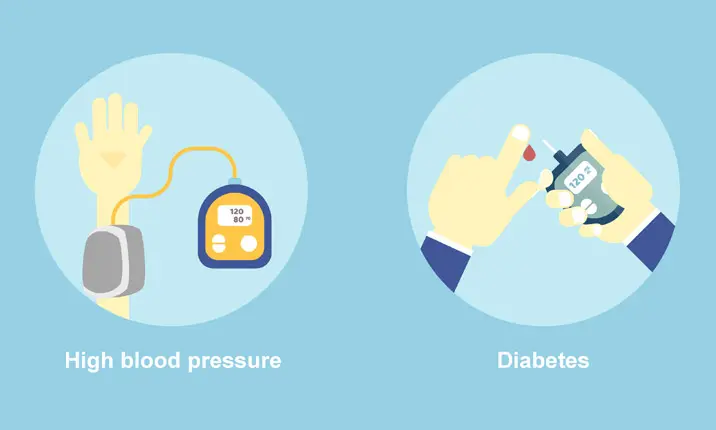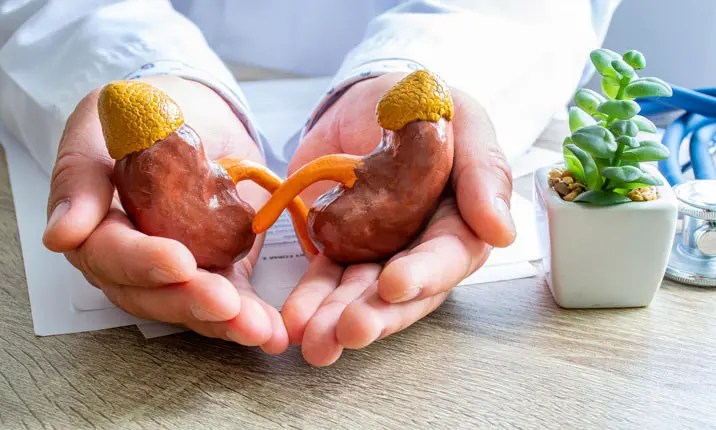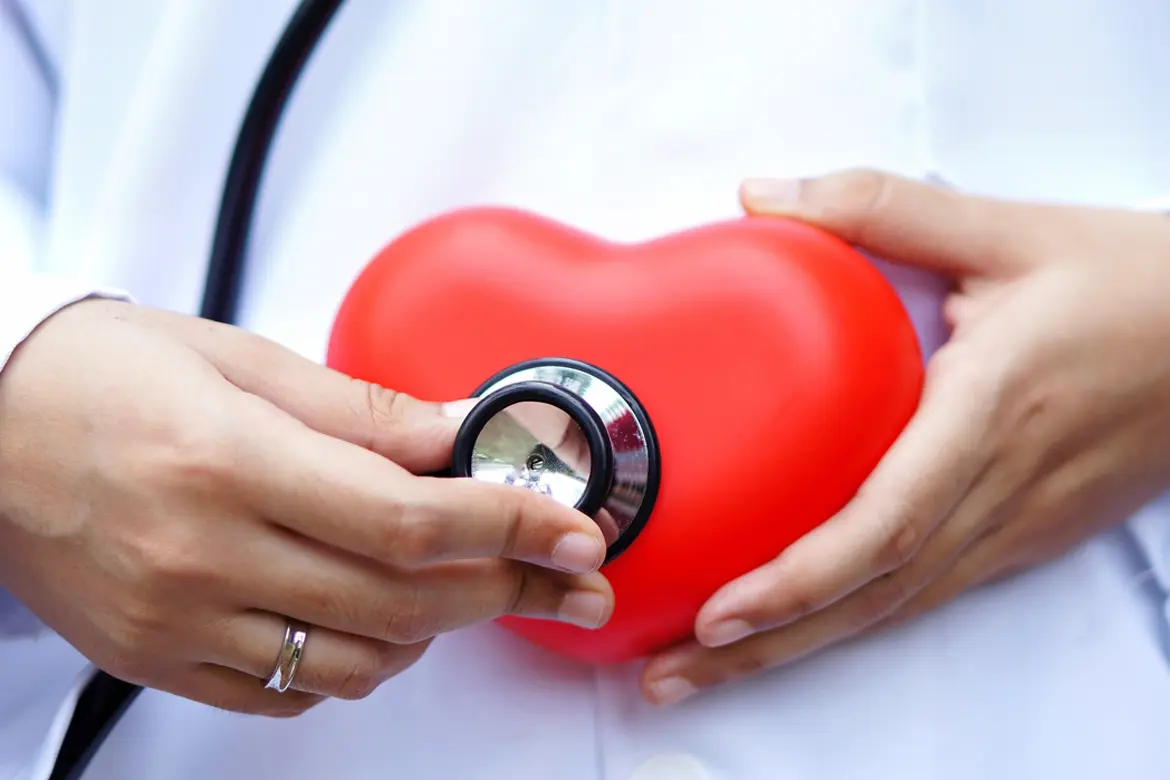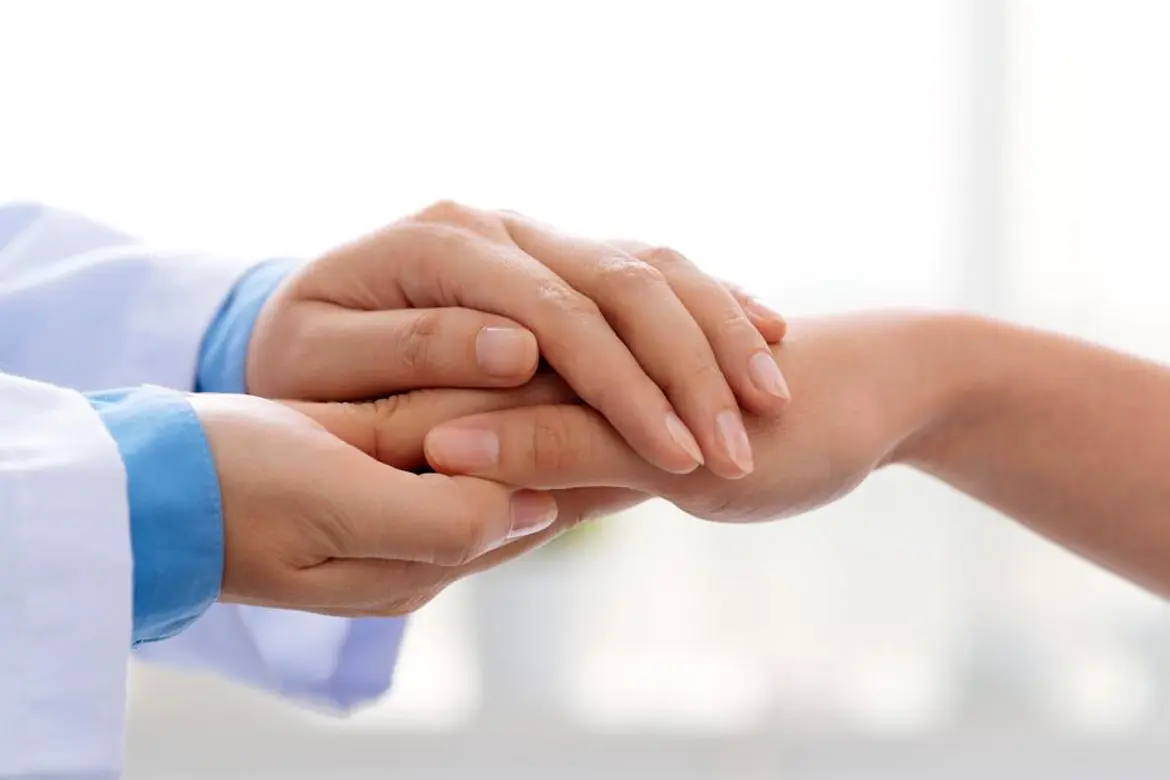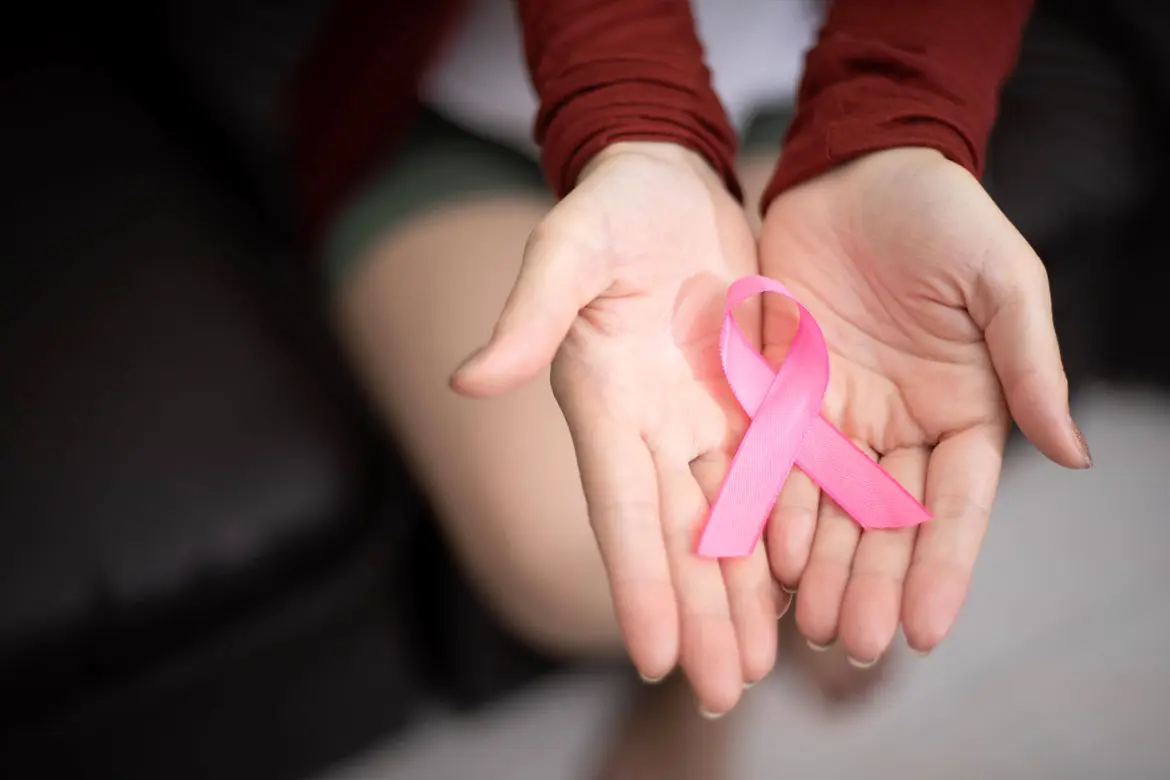According to 2020 statistics from the International Society of Nephrology, more than 850 million people worldwide suffer from some form of kidney disease. The World Health Organization says that kidney diseases are a "leading cause of death".
With the prevalence of kidney failure being so apparent, it's important to understand its causes. Dr Goh delves into this and much more, as she addresses frequently asked questions she gets about kidneys.
Where are my kidneys located?
Our kidneys are located towards the back of the body, slightly below the middle of the torso, with one on each side of the spinal cord.
Why are the kidneys important?
Our kidneys remove excess toxins and water from the body. In short, they regulate salt and water balance in the body, and they also produce hormones necessary for healthy bones and for red blood cell production.
What causes kidney failure?
There are many medical conditions that can cause kidney failure, whether suddenly or over a period of time. Those that cause kidney failure suddenly give rise to what we call acute kidney failure, and it could be because of certain drugs they take, certain infections or even trauma.
Then there are medical conditions that cause a patient to end up with kidney failure eventually, like diabetes and high blood pressure. If these medical conditions are not well controlled in the long run, there can be end-organ damage, and kidney failure is one of them.
Is kidney failure curable?
There are various options of renal replacement therapies which are available – mainly dialysis and/or a kidney transplant. During dialysis, you can have the dialysis machine remove excess toxins and water from the body, but that only happens when the patient is on dialysis.
In a kidney transplant, a healthy kidney is placed into the patient with kidney failure, and this healthy kidney takes over all the functions that a patient's own kidney is supposed to do. Therefore, the true treatment and "cure" for kidney failure would be a successful kidney transplant.
How do I know if my kidney is failing?
Unfortunately, kidney disease comes with very few symptoms until the patient has late-stage chronic kidney disease. That's when they may get some symptoms such as:
- Fluid overload, like breathlessness on taking a few steps
- Being unable to lie flat on a pillow, with the need to be propped up with a few more pillows
- Leg swelling at the end of the day
These are the signs that tend to appear late. It's recommended that patients who want to find out if they have kidney disease – especially if they have risk factors like diabetes and high blood pressure – go for regular health screenings because we can pick up signs like blood or protein in the urine, and institute corrective measures early.
Which kidney is more important – left or right?
When we assess a patient's kidney function, we normally take blood from the peripheral vein, and that's a combined result of the function of both kidneys, not just the left or right. We need both kidneys or at least one good-functioning kidney, so it's difficult to say which one is more important.
What I would say to potential living kidney donors is that we always tend to protect the living kidney donor, meaning we would always leave the better kidney, anatomically, for the donor.
Can a kidney grow back?
The technology is not quite there yet to regrow a kidney. But if a patient has a kidney tumour and they remove part of the affected kidney, the unremoved part of that kidney together with the other remaining kidney can still work harder to compensate for the loss.
I think a better question would be if someone can live healthily with just one kidney. The answer is yes because the remaining kidney will work harder to compensate for its absent partner.
How can I protect my kidneys?
To prevent acute kidney disease, you can avoid drugs, and avoid taking non-prescription medications that could predispose you to kidney disease.
For patients who have medical conditions like diabetes and high blood pressure, we'll make sure they're controlled well so they don't end up with kidney damage. For healthy patients, regular screening to look for blood and protein in the urine is a good way of protecting the kidneys, so that we can institute early corrective measures if we find any abnormalities.
If you are concerned about the health of your kidneys, make an appointment with one of our kidney specialists today.
